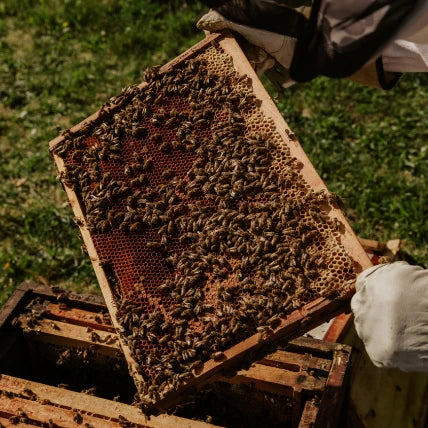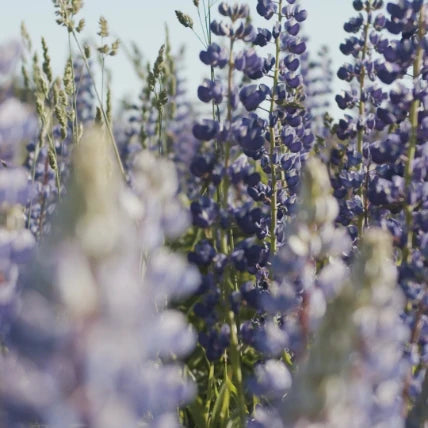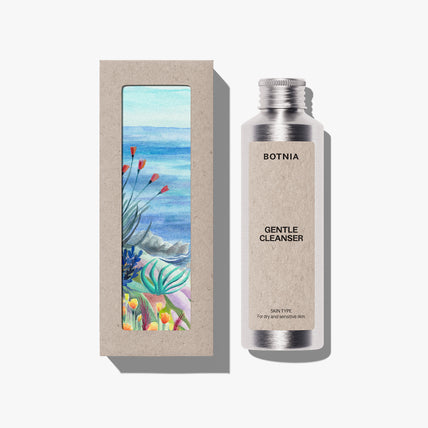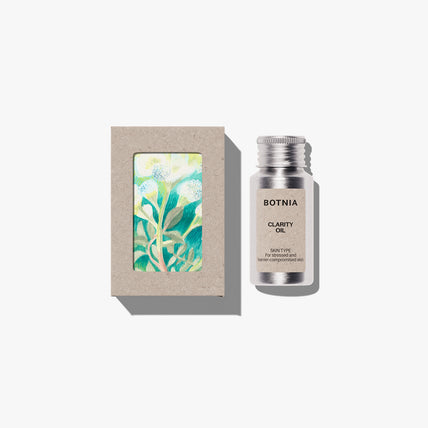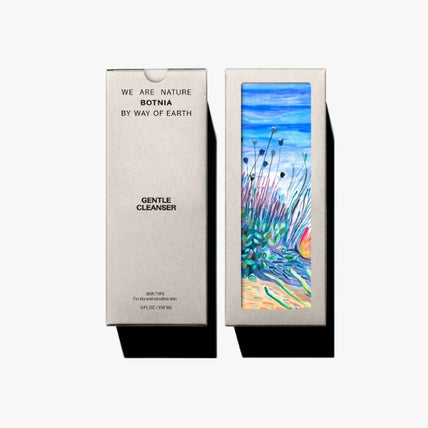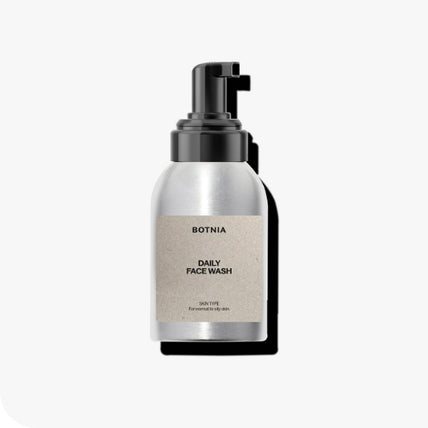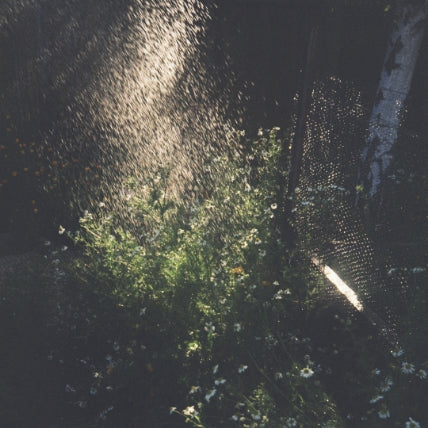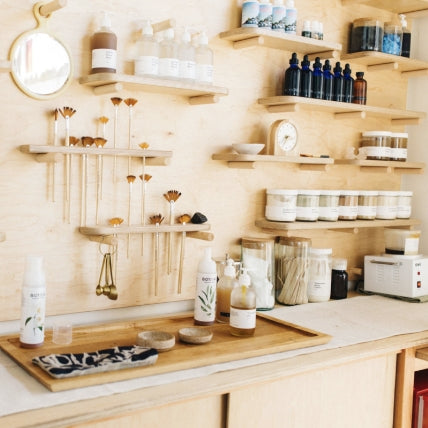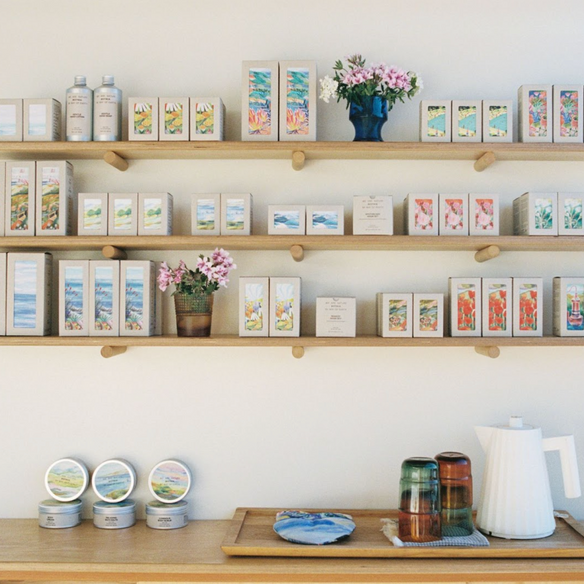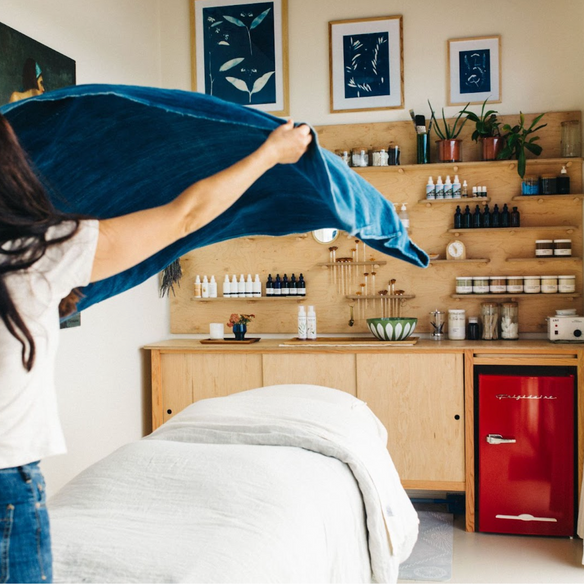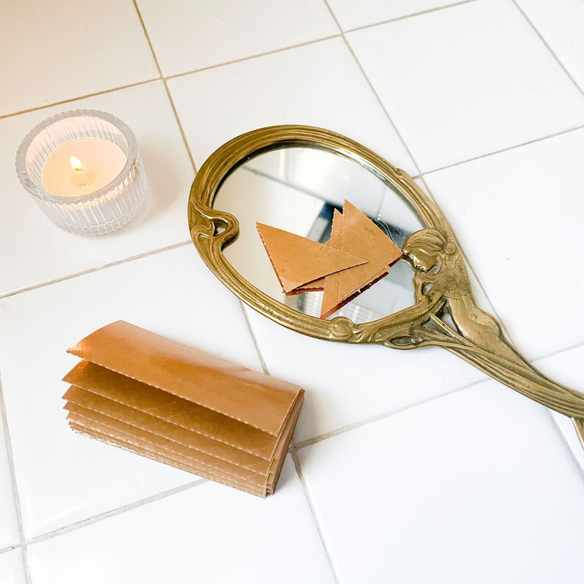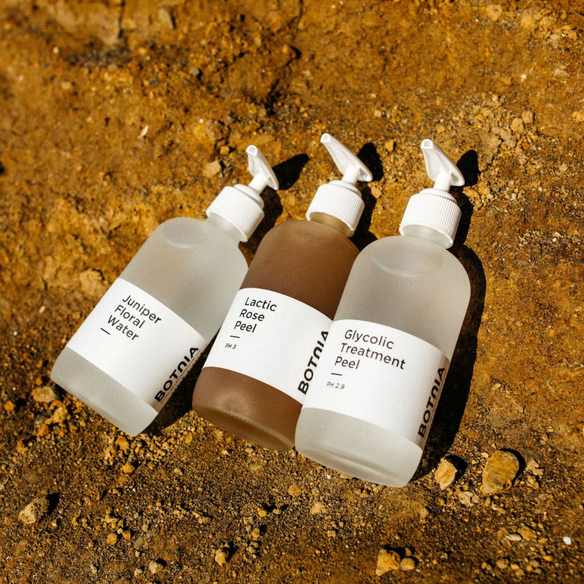
The Eczema Spectrum from a holistic prospective
Eczema is one of those skin conditions that’s constantly changing, and it's essential for us, as estheticians, to remember that it can evolve from day to day with our client's lives.
As holistic estheticians, we see eczema as part of a much bigger picture—it's the skin's way of telling us that something deeper is out of balance. This is especially true with atopic eczema, the most common type. To truly care for our clients' skin, we need to look beyond the surface and try to uncover what might be triggering these flare-ups. In today’s world, we’re surrounded by things that can irritate and inflame the skin—detergents filled with phthalates, makeup with harsh ingredients, and even skincare products that can compromise the skin barrier instead of supporting it. Add to that factors like certain foods, mold exposure, and the emotional toll of stress, and it’s no wonder eczema is becoming more prevalent. Our skin acts as a secondary detox pathway, and when it becomes inflamed, that’s often a sign that it’s trying to manage a variety of internal and external triggers.
The seven faces of eczema
When working with clients experiencing eczema, I see my role as guiding them to become their own detectives. Eczema isn’t a one-size-fits-all condition; there are actually seven different types, and each can look and feel a little different. As holistic practitioners, while we can't diagnose, we can offer supportive care and help clients understand how to manage their skin by recognizing the nuances of each type.
Atopic Dermatitis
This is the most common form of eczema, often developing in childhood but also appearing in adults. It’s a chronic condition linked to a genetic predisposition, often associated with other allergic conditions like asthma or hay fever. Symptoms include dry, scaly patches, intense itching, redness, and swelling.
Holistic Care Tip: Focus on strengthening the skin’s barrier and reducing inflammation. Gentle, simple hydrating products that restore moisture, such as our Daily Face Cream, can be helpful. Encourage clients to keep track of potential allergens, whether in their diet or environment, and practice stress-reducing techniques like mindfulness or yoga to help manage flare-ups.
Contact Dermatitis
This type of eczema occurs when the skin reacts to direct contact with an irritant or allergen. It often shows up as red, inflamed skin where the contact occurred, and it can range from mild redness to severe, blistering rashes.
Holistic Care Tip: Understanding what triggered the reaction is key. Encourage clients to be mindful of new products or changes in their routine that might have caused irritation. For flare-ups, soothing ingredients like colloidal oatmeal or hydrosols can calm the skin, and avoiding harsh or fragranced products will help prevent further irritation.
Dyshidrotic Eczema
Characterized by small, deep blisters that typically appear on the hands and feet, dyshidrotic eczema can be incredibly itchy and sometimes painful. It’s often triggered by stress, allergies, or excessive sweating.
Holistic Care Tip: Recommend a simple, cooling routine to manage flare-ups. A gentle cleanser followed by a soothing oil, like jojoba, can help keep the skin hydrated without aggravating it. Encourage clients to monitor their stress levels, as managing stress can be key to reducing the frequency of flare-ups.
Seborrheic Dermatitis
This form affects areas rich in oil glands, like the scalp, face, and upper body. It presents as scaly patches, red skin, and dandruff, and is known as cradle cap in infants. It’s often linked to an overgrowth of yeast and can be influenced by weather, stress, and hormonal changes.
Holistic Care Tip: Gentle exfoliation and the use of balancing, antimicrobial ingredients can be beneficial. Hydrosols, combined with gentle, pH-balanced cleansers, can help calm the skin and maintain balance. I also love treating with Zinc, I’ll even have a client with seborrheic dermatitis sleep with a simple Zinc cream or SPF on. For clients dealing with persistent issues, recommending they see a dermatologist for further guidance might be necessary.
Nummular Eczema
Nummular eczema presents as coin-shaped spots or patches of irritated skin, often appearing on the legs, forearms, and back. It can be triggered by dry skin, insect bites, or contact with certain metals.
Holistic Care Tip: Encourage clients to maintain consistent moisture levels with rich, emollient creams, and to protect their skin from harsh environments. A regimen using products like gentle cleansers, hydrosols, and barrier creams can prevent skin from drying out. This type may also benefit from ingredients like shea butter or beeswax, which provide extra protection.
Neurodermatitis
This condition is driven by a persistent urge to scratch, leading to thick, scaly patches of skin. It’s often triggered by stress, anxiety, or chronic scratching, creating a cycle that can be hard to break.
Holistic Care Tip: Focus on reducing itchiness and soothing the skin to stop the itch-scratch cycle. Gentle, calming treatments, including manual lymphatic drainage, can help ease tension and promote healing. Suggest lifestyle practices that address stress management, such as breathing exercises, meditation, or gentle movement.
Stasis Dermatitis
Stasis dermatitis occurs in the lower legs due to poor circulation and fluid buildup. The skin becomes swollen, discolored, and itchy, often associated with varicose veins or other vascular issues. It’s essential that this type of eczema be monitored by a physician.
Holistic Care Tip: While this condition requires medical care, estheticians can support clients by encouraging gentle, non-irritating skincare that helps keep the area moisturized and comfortable. Gentle manual lymphatic drainage can also help reduce fluid buildup and soothe the skin. Always recommend that clients see a physician for this type of eczema.
When I work with clients, I encourage them to think back to when their symptoms first began and reflect on what might have been different in their lives.
- Was there a period of high stress?
- Did they change their diet, incorporating more inflammatory foods like gluten, sugar, or alcohol?
- Could they have been exposed to allergens in their detergents, cosmetics/ skincare, or even the environment?
These insights are vital in understanding what might be triggering their flare-ups and in finding ways to prevent future episodes.
Recently, I had the opportunity to host a workshop for holistic estheticians, featuring Mazin Al-Khafaji, a renowned expert in dermatological traditional Chinese medicine. Mazin shared inspiring stories of how incorporating Chinese medicine into eczema treatment can help the body regain balance, using plants, teas, and thoughtful, natural therapies to promote healing without relying on steroids. This is particularly important because there is evidence that long-term steroid use can sometimes lead to worsening symptoms or even topical steroid withdrawal, which makes it essential for us, as practitioners, to know if a client is currently using steroids. If a client is experiencing more frequent flare-ups and noticing their symptoms are worsening, it may be a sign that it's time to explore other modalities. Acupuncture can be an excellent complement to a holistic approach, providing another way to support the body’s healing and soothe the skin. He also introduced a valuable database of eczema specialists across the country, offering a great resource for those seeking additional support.
When it comes to both in-treatment and at-home care, I always reach for soothing and barrier-repairing ingredients. For clients dealing with the oozing and weeping stages of eczema, I've found that ingredients like sulfur, colloidal oatmeal, and goldenseal are incredibly effective, and you’ll find them in my back bar. For exfoliation, I prefer to use enzymes rather than acids; they do the job gently without overwhelming the skin. At home, I recommend a simple, pH-balanced regimen: a gentle cleanser like Gentle Cleanser, followed by a hydrosol or a mild toner, and finishing with a fragrance-free or naturally scented face cream. Eczema-prone skin does best with simple, nourishing oils like jojoba, and calming waters like hydrosols can make all the difference.
I’ve learned over the years that eczema care isn’t about doing more; it’s about doing less, but doing it thoughtfully. By understanding the complexities of this condition and using a minimalistic approach, we can help our clients manage their symptoms and find relief. I want to empower everyone to see that healing eczema isn’t just about treating the skin—it’s about understanding and nurturing the whole person.
- Justine Kahn, LE
As seen in Dermascope Magazine: December ‘24 Issue
